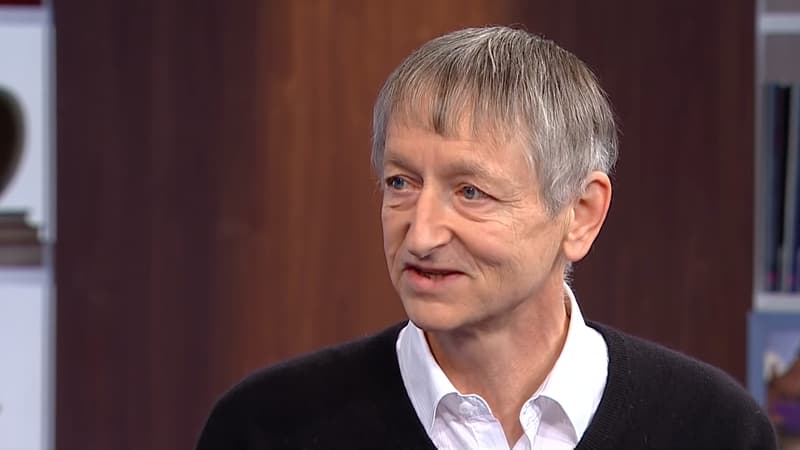“I console myself with the classic excuse: if I hadn’t done it, someone else would have done it.” In 2004, Geoffrey Hinton focused his efforts on an idea that no one had been able to realize. He developed the technological concept of the neural network, now the basis of all artificial intelligence.
This discovery earned him the Turing Prize in 2019 (akin to the Nobel Prize in Computer Science) along with two colleagues, including Yann Le Cun, now head of AI at Facebook. But this Monday, Geoffrey Hinton joined the camp of skeptics. In an interview in New York Timesthe 75-year-old Briton now shows regret for his work.
Photos and texts created from scratch
These statements were made after Dr. Hinton left Google. He worked for more than ten years within the company. However, he believes that he can speak freely about the risks posed by artificial intelligence.
A few weeks ago, tech figures (including Elon Musk and Steve Wozniak) signed a petition calling for a moratorium on AI, wanting to halt advances and projects for six months. A few days later, the Association for the Development of Artificial Intelligence put another forum online. Again, it was a question of the risks that the technology brings.
If Geoffrey Hinton didn’t sign either letter, he’s still worried. One of his main concerns is photos, videos and texts created from scratch. According to him, this could lead to “one can no longer know what is true.”
The economic impact of artificial intelligence is also at the center of their fears. In addition, a report by the US bank Goldman Sachs estimates that the technology could replace 300 million jobs. At the same time, Chris Pissarides -Nobel Prize in Economics in 2010- believes that models like ChatGPT could help implement the four-day week.
But Geoffrey Hinton prefers to remain cautious. “It eliminates tedious tasks. It may eliminate more than that,” he concludes.
Source: BFM TV


